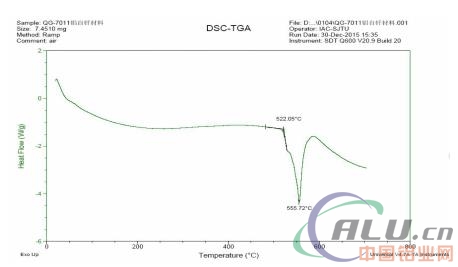The surface board of a batch of beer packaging box has wrinkle and streak quality defects after being calendered. According to the quality requirements, the appearance of the paper product after calendering should be clean, smooth, no scratches, and no wrinkles.
We calendered the calendering process parameters (such as calendering temperature, pressure, speed, etc.) with another batch of cardboard boxes, resulting in no wrinkles and streaks after calendering. . Through comparative analysis, it is believed that the reason is due to the difference in the quality of the two kinds of cardboard. The paperboards with wrinkles and stripes after calendering are relatively poor in paper quality. However, the lot of paperboard has been finished. If it is scrapped because of the wrinkles and streaks after calendering, it will not be able to meet the quality requirements. Therefore, it will cause untimely delivery and a large amount of waste. And if it can be processed through appropriate remedial measures, so that the quality of calendering requirements, one can be delivered on time, and the other can reduce losses.
To this end, we have chosen one of the effective measures to solve the problem through the handling and testing of several different methods. The method is: glazing the non-calendered surface board after glazing, and then heat drying once on the calender. The temperature of the hot bake is the same as the temperature of the calender, and can be not heated when the calender is baked. Under pressure, in the case of the calender belt drive, this side of the board is placed on the strip surface at the discharge end, and the strip is brought into the drying tunnel by the steel strip and returned to the calender. This is the head of the material. After such heat baking and then calendering (ie, adding a coating and a hot bake) in accordance with the normal calendering process, the wrinkles and stripes on the surface of the batch of cardboards have disappeared.
Incidentally, under normal circumstances, the calendered temperature is generally controlled at 115 °C ~ 120 °C, the pressure is controlled at 150 ~ 180kg/m2, speed 6 ~ 10m/min is appropriate. Of course, in the on-site operation, it is also necessary to adjust and grasp the thickness of the paperboard properly. It is worth noting that, for the paper products to be calendered, there must be some choice in paper quality, otherwise the calender quality requirements cannot be achieved.






